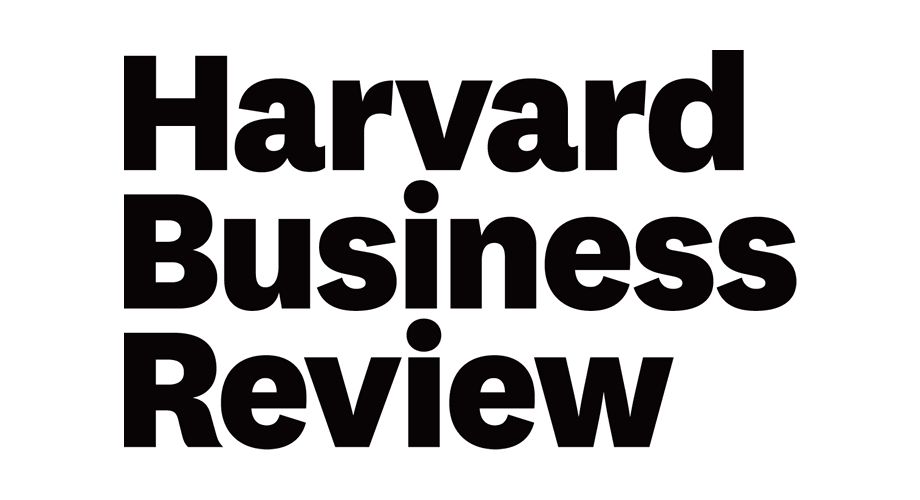
We often hear about the ways that bias, including unconscious bias, impact decision-making in the workplace. However, according to a 2016 Harvard Business Review article, “noise” is a factor which has a tremendous and often overlooked effect on judgment as well.
What is noise?
“Noise” is any external factor that may impact judgement, such as a person’s “current mood, the time since their last meal, and the weather.” Some jobs follow strict guidelines that eliminate human errors or variable decision making, including those caused by noise. However, many are not guided by rigid rules and rely on employees’ subjective judgement.
Even when we are aware that noise impacts decisions, many underestimate how much noise is present. Research has shown that many professionals make decisions that differ from their peers, the rules they claim to follow, and even their own prior choices because of variable levels of noise on any given day.
Noise differs from bias, the article explains, because bias leads to the same result every time it is present. For example, if a hiring manager is biased against minorities, they will consistently choose candidates who do not fall into that group. However, if they are not biased but are affected by noise, their hires will vary.
How noise can be minimized
In order to minimize noise, the report suggests performing a noise audit. This involves asking a group of employees to make judgements that they normally would—in the report, the example of a financial firm’s employees making assessments of various cases and assigning each a dollar amount was used. Then, the answers of two random participants are compared to determine a noise index. While the firms studied in the report’s audits hoped for noise indexes around 10-15%, many were shocked to find that their results were between 46-70%.
Using an algorithm, or set of hard rules, for decision making is one way to eliminate noise’s impact. Of course, this is not always an option for a variety of reasons. However, the report stresses that whenever possible, an algorithm is very useful in accurate decision-making.
The report also suggests that employers be offered “user-friendly tools, such as checklists and carefully formulated questions” that help to guide them in their decision making. These help to control noise and increase consistency.
What do you think about noise? How does your workplace avoid inconsistent judgement? Let us know on Twitter, Facebook, and LinkedIn.


